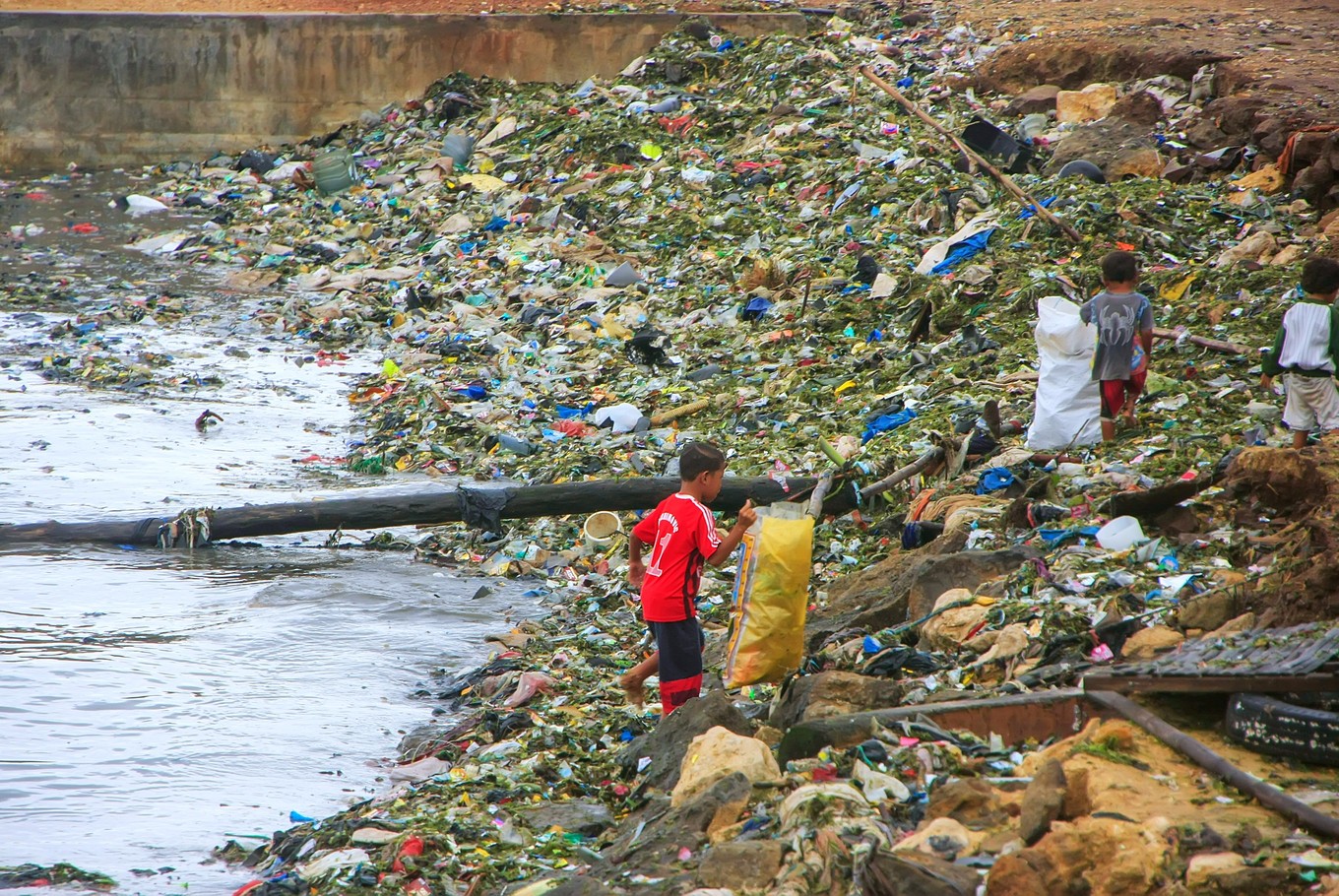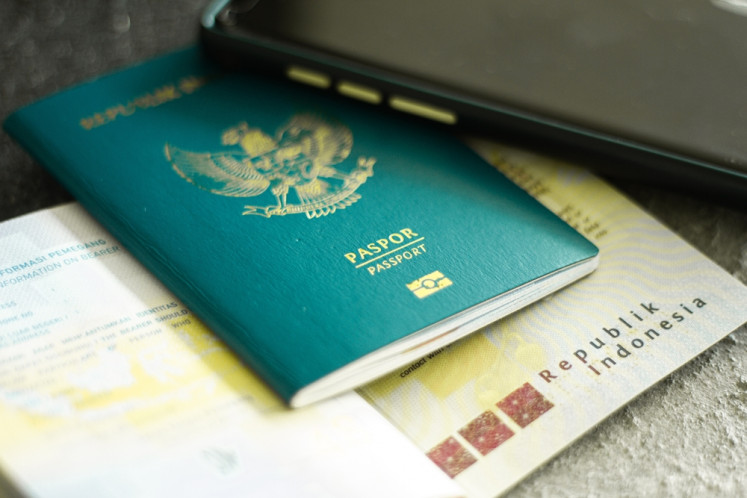British company to invest $200m in West Java waste-to-fuel plants
Bogor Mayor Bima Arya said the city, located approximately 60 kilometers from Jakarta, was preparing to house one of Indonesia's first waste-to-fuel plants.
Change Size
 This file photo shows children scavenging among plastic waste and garbage. The West Java administration is teaming up with British recycling firm Plastic Energy Ltd, to build a series of waste-to-fuel plants across the province. (Shutterstock.com/Don Mammoser)
This file photo shows children scavenging among plastic waste and garbage. The West Java administration is teaming up with British recycling firm Plastic Energy Ltd, to build a series of waste-to-fuel plants across the province. (Shutterstock.com/Don Mammoser)
B
ritish recycling company Plastic Energy Ltd. is set to invest US$200 million to build waste-to-fuel plants in several cities across the province, according to West Java Governor Ridwan Kamil.
West Java is home to over 50 million people or 20 percent of Indonesia’s population.
In an exclusive interview in Jakarta on Thursday, Ridwan told The Jakarta Post that the facilities, which will convert low-grade plastic waste into diesel fuel, were part of West Java’s broader efforts to address its waste problem.
“The investor […] will fully fund the plants, so it will be the administration’s job to provide around 1 hectare of land for each plant,” Ridwan said in the interview, which was held on the sidelines of a discussion forum.
“We plan to set up the first one in Bogor as it is the most prepared city to do this.”
In the forum, Bogor Mayor Bima Arya said the city, located approximately 60 kilometers from Jakarta, was preparing to house one of Indonesia's first waste-to-fuel plants.
“Our city produces 600 tons of waste each day and 13 percent of it is plastic waste,” Bima said. “The number has reduced by 40 tons a day since we launched the single-use plastic ban, but we want to not only reduce but also repurpose the waste.”
The city administration, he said, has been in talks with Plastic Energy for some time about the partnership, and both sides shared the expectation of starting construction on a plant this year.
In addition to waste-to-fuel plants, West Java has implemented other programs to manage its waste, such as building a refuse-derived fuel (RDF) facility in Bogor and employing housewives to sort waste in return for gold savings in a scheme called waste-to-gold, Ridwan added.
“In the meantime, Bogor has also issued a ban on single-use plastics [...] I will issue a circular letter to other cities in West Java to follow Bogor’s example by issuing the same ban,” he said.
On the same occasion, Kirk Evans, Plastic Energy’s government relations in Indonesia, said the company was planning to build five waste-to-fuel plants costing $40 million each across West Java.
Each plant is expected to process 70 tons of low-grade plastic waste per day, such as plastic bags and wrappers, and convert it to fuel. For every ton of plastic waste, he said, the plant could make 860 liters of fuel, comprising 80 percent diesel and 20 percent naphtha.
Prior to the announcement, Plastic Energy had spent 18 months researching cities across Indonesia as candidates for its first plant. The West Java administration recently approved the project.
“Currently, we are putting together a kind of study to identify the correct cities [to establish the plants in],” he said. “We are also looking out for some private, local partners, so we will hopefully be able to start the plant’s construction within this year.”
He said the study would take another three months to complete before the company could start building a plant, which would be completed approximately within 18 months.
Evans said it was important for the company to partner with the local government as the latter was the only party capable of providing the waste needed by the company to operate.
Indonesia, he added, would be the first country in Southeast Asia the company has partnered with. Before that, it had built similar plants in Spain.
“We are very much open to the opportunity to expand these plants to other provinces [...] probably in some of the second-tier cities that have open dumps and lots of plastic waste,” he said.









